You're Wired to Support Your Favorite Sports Team—Even When They Suck
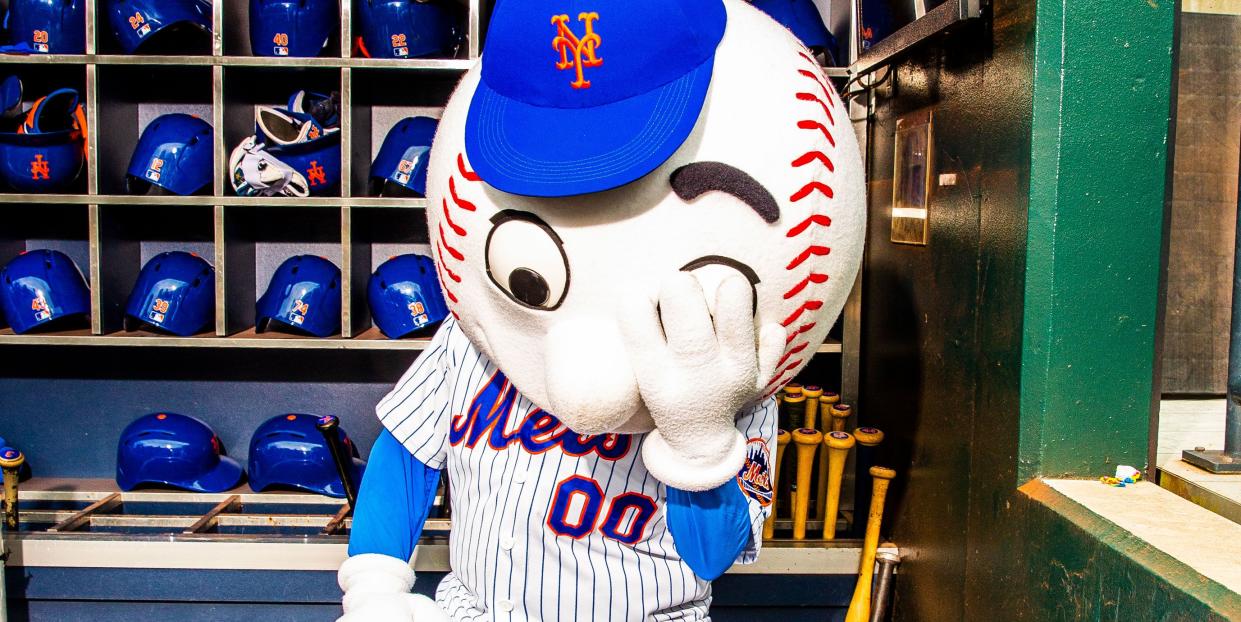
SAY YOU have a team. Could be a football team or a basketball team or a baseball team, but it’s your team, and it’s been your team for as long as you can remember. For me, those teams have always been the Knicks and the Jets—for the guy pictured above, it’s all about the Mets—and for fans of this New York trifecta, there’s a very specific sort of irrational hope, followed by inevitable unhappiness, that infiltrates our world on a pretty regular basis. All three are in championship droughts that go back decades, with each losing season delivering a sting of disappointment that we fans not only anticipate but have gotten used to.
Why do we do this to ourselves? Why do millions of fans like me give our time and attention, our money and our pride, to teams that deliver one losing season after another? “Sport fandom is really unique,” says Daniel L. Wann, Ph.D., coauthor of Sport Fans: The Psychology and Social Impact of Fandom and a psychology professor at Murray State University. “It’s a voluntary activity where you understand there’s a pretty good chance that when you finish consuming this product, you’re not going to be very happy with it.” He adds: “If you buy delivery pizza from somebody six times, and three times it’s late, cold, and the wrong pizza, you don’t keep going back.” Unless, of course, you do. We all do.

It's a chemical thing
MY EARLIEST Jets memory is a 2005 AFC divisional playoff game against the Pittsburgh Steelers. It was the moment I remember truly declaring my fandom. I had friends over, and we were all rooting for the Jets. By the end of the night, the team had two chances to win the game—and the kicker missed both field-goal opportunities, leaving three 11-year-olds in stunned, utter silence.
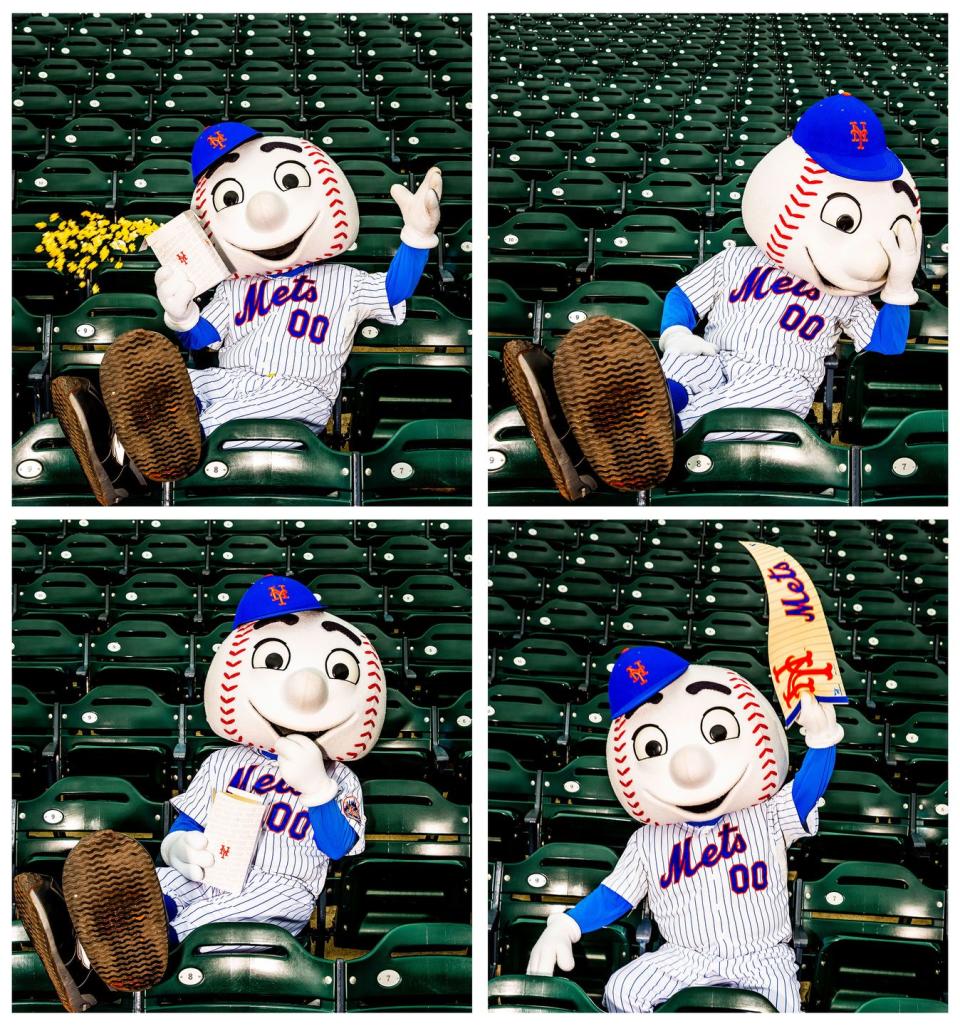
What we didn’t know was that inside our 11-year-old skulls, there was a chemical riot taking place. That’s because when we’re watching sports and something breaks our way, we get a hit of dopamine, a brain chemical our bodies release in response to pleasure. Dopamine is involved in making rewards feel good to us, so it’s no wonder our subconscious wants more of it. (Drugs like nicotine and heroin flood our brains with it, which is part of why people crave more of those, too.) And we continue hoping that the next quarter, the next game, the next season delivers.
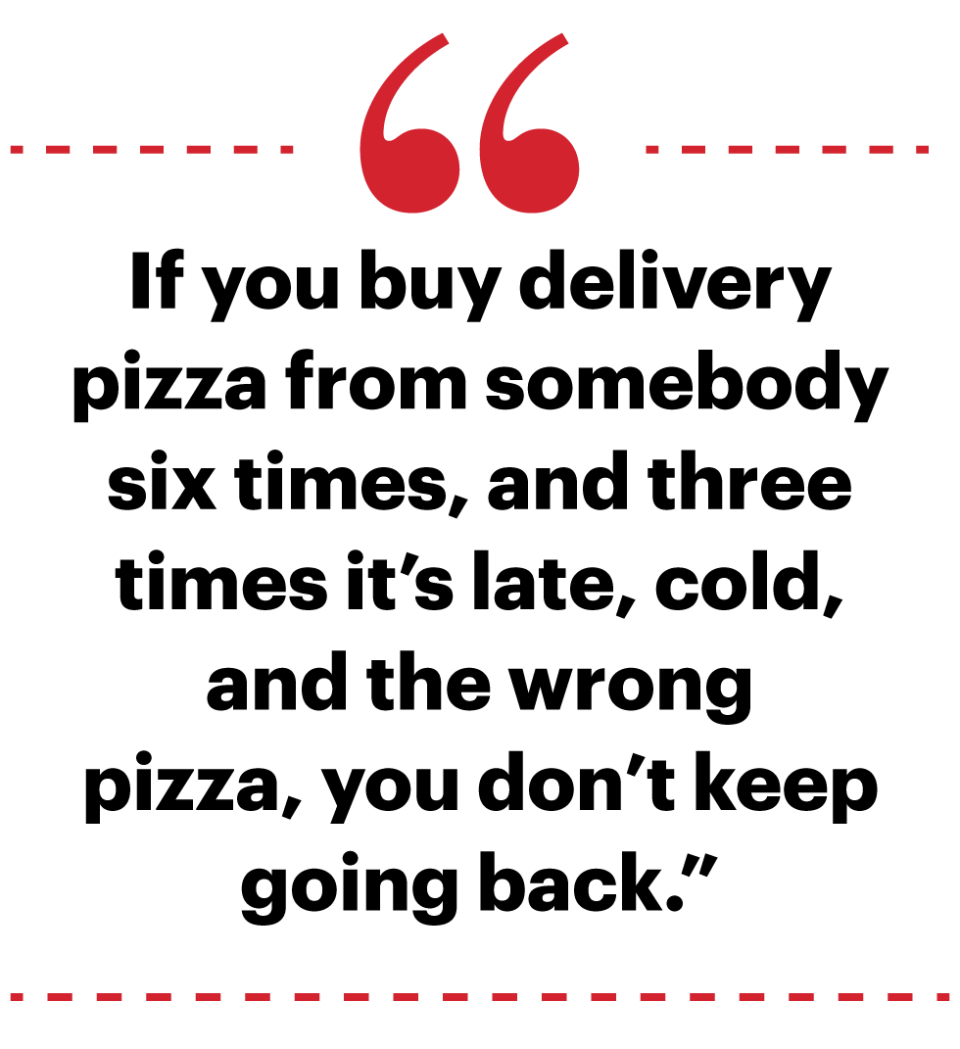
But here’s the cruel part. We don’t even need to win to get that dopamine hit—we just need to think we have a chance of winning to receive a jolt of the feel-good stuff. So while the Mets may not have a ton of actual winning going on, they do have Pete Alonso, their young phenom of a first baseman, who put an exclamation mark on the first half of his massive rookie season by winning the Home Run Derby during All-Star weekend in Cleveland. He’s the kind of player whose every at-bat delivers a hit of dopamine that keeps us hoping for the best.
Even more than the Mets, the Cleveland Browns—who haven’t made the playoffs since 2002, the longest current drought in the NFL—have reason to be optimistic. After acquiring what looks to be their first true franchise quarterback in decades last year in the aggressively swaggering Baker Mayfield, this off-season they added a name you may have heard before: Odell Beckham Jr., one of the best players in the NFL and perhaps—depending on whom you ask—its biggest star.
When Mets fans watched Alonso win the Home Run Derby, they felt good (dopamine!). When the Browns drafted Mayfield, the team’s fans probably had the same feeling. When they saw Mayfield play as a rookie last season, their receptors were likely flooded. And when the Browns acquired Beckham? That right there was the mother lode.
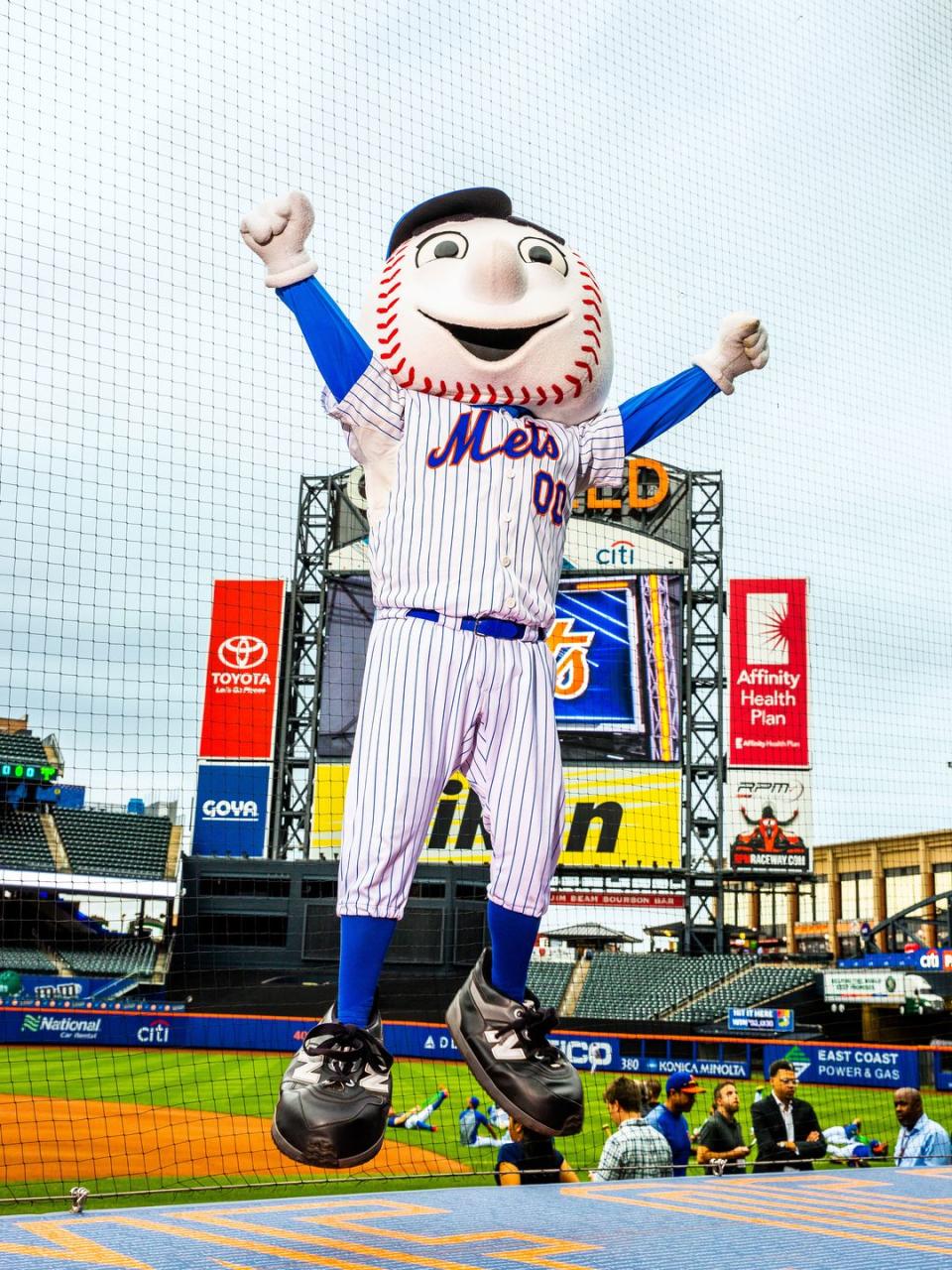
The problem this poses, though, is that it raises expectations. So when the Kansas City Chiefs set offensive records last year behind their exciting young quarterback Patrick Mahomes, only to lose in the AFC championship game to the New England Patriots, it hurt. Bad. Losing actually activates the same region of the brain that physical pain does.
The higher the expectations, the worse the pain feels. “Coming close to a goal or an objective can be more painful than finishing far away from it,” says Samuel Sommers, Ph.D., a professor of psychology at Tufts University and coauthor of This Is Your Brain on Sports. The researchers behind a study published in the Journal of Personality and Social Psychology saw that Olympic athletes who received bronze medals appeared happier on the podium than silver medalists. No surprise, says Sommers: “The silver medalist spends his whole time thinking, A tenth of a second here, this call there, and I would have been the gold medalist. The bronze medalist is just happy to be on the podium.”

It’s a family thing
EVEN THOUGH we know our team’s dismal record nearly guarantees this pain is coming, there are reasons we keep putting our hands back on the stove. Built into our sports-fan brains are two universal factors: that seductive hope—We’ve got it this year!—and the blind loyalty—It’s my team—that we develop over time.
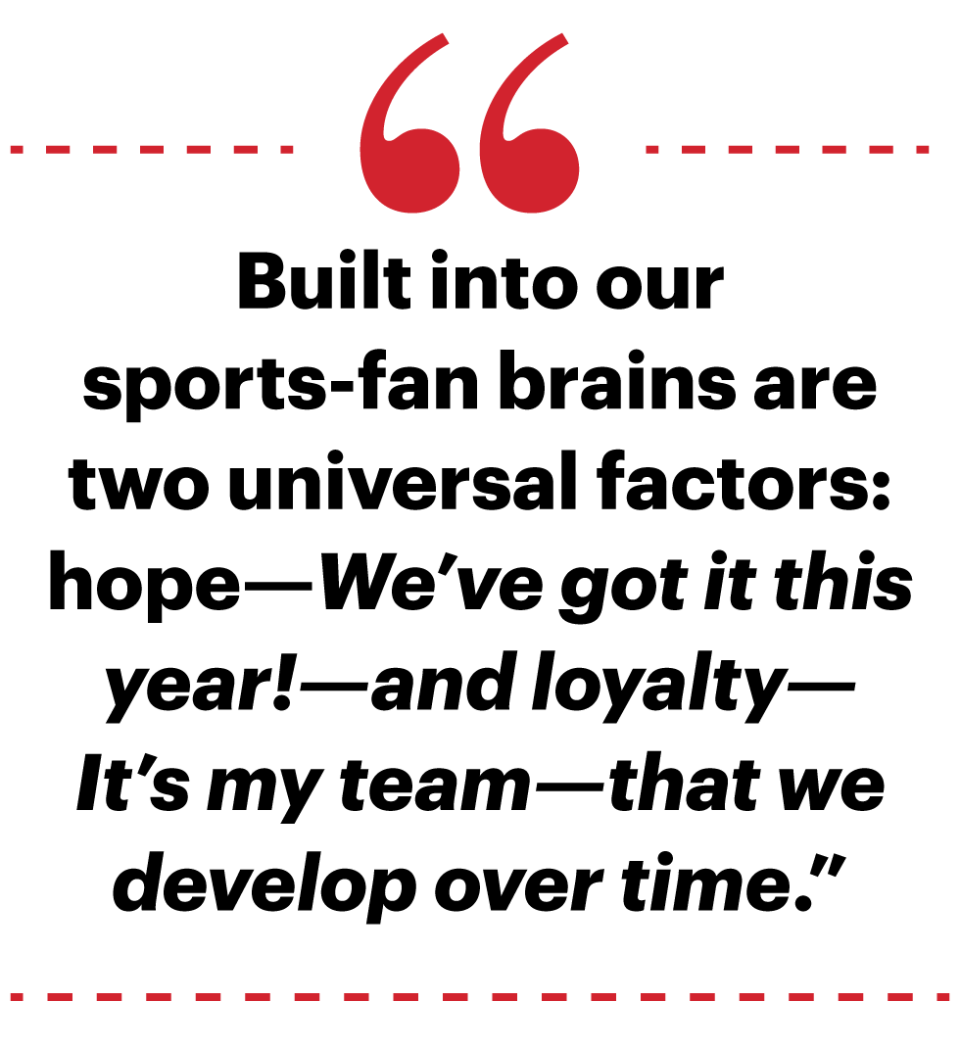
Team loyalty helps meet basic human psychological needs, says Wann. Think about it this way: If you’re a fan who lives in your team’s city, you feel a sense of belonging. At any moment, you can bond with a stranger over something you both care about. The connection is strong because the team is part of who you are. “Anything that’s central to your identity is hard to get rid of,” says Marco Iacoboni, M.D., Ph.D., a professor of psychiatry and biobehavioral sciences at UCLA. It’s what you spend your time thinking about, texting about, feeling like crap about. It’s the reason Michael Jordan and Brett Favre couldn’t stay away from their games. “It was just too much of who they are,” Dr. Iacoboni says.
Or it’s who your whole family is. If your dad, your grandparents, your uncles and aunts all rooted for the Cubs—hell, they even put you in a Cubs onesie—you’re not going to bow out, not even when it’s 108 years between World Series victories, a stretch so long that even your grandfather hadn’t seen them win a title until 2016. But whether you’re 12 years old suffering a crushing loss, 23 years old suffering a crushing loss, or 68 years old suffering a crushing loss, you feel something and, good or bad, it creates a memory.
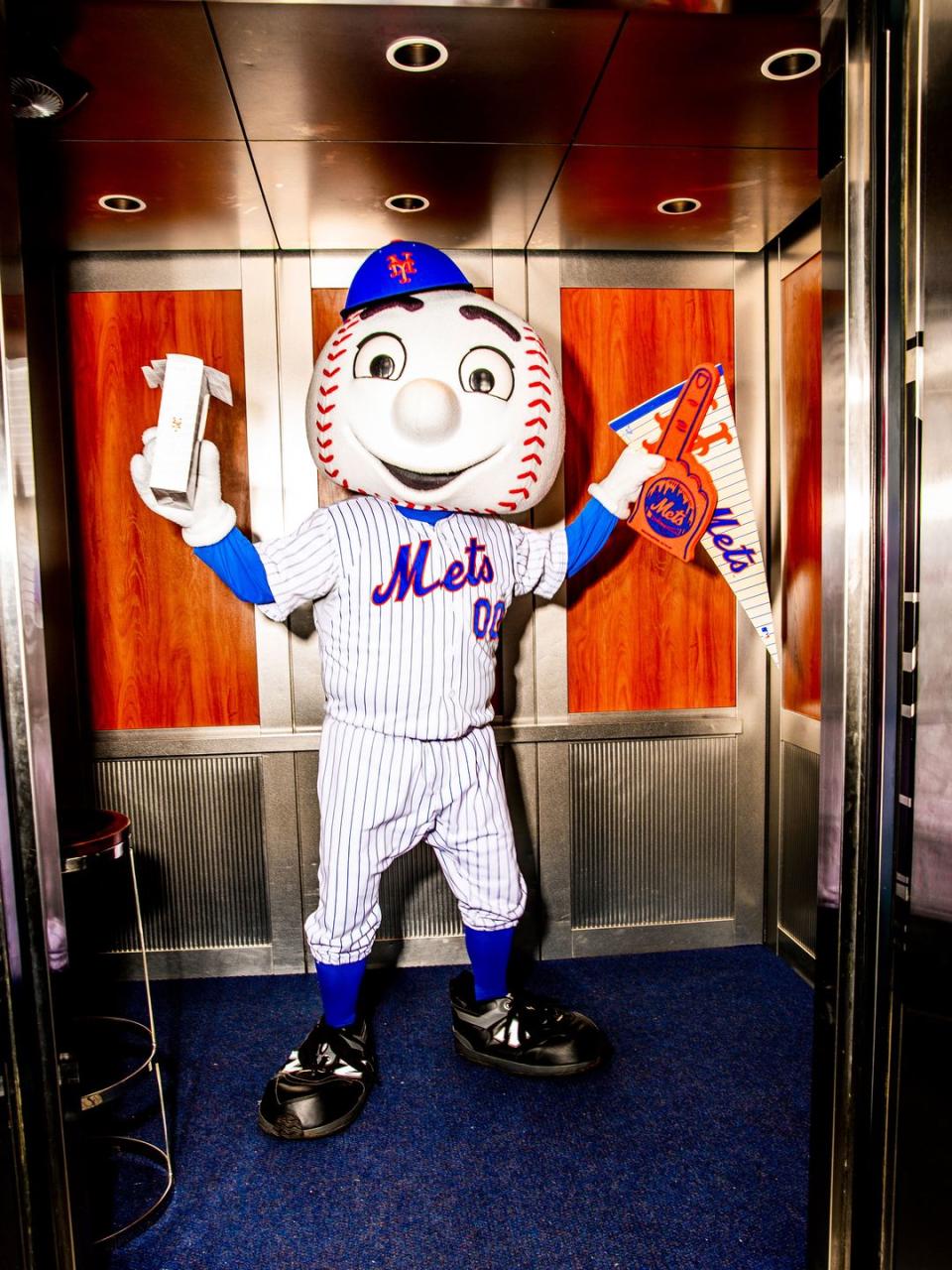
And maybe somewhere in our subconscious, that’s as good as a win. “A lot of being a sports fan, and maybe going to the stadium or watching the games on TV with other people, is the social process itself; it’s not just the outcome,” Dr. Iacoboni says. You get the glory of seeing your young star win the Home Run Derby, or the chance to recount the pain when Patrick Ewing’s finger roll didn’t fall for the Knicks in the NBA finals in 1994. And even when you do care about the outcome, the more removed you get from the pain, the more that hope and optimism start to seep back in. I mean, we were so close this year. Next year, all we’ll have to do is . . .
You Might Also Like

